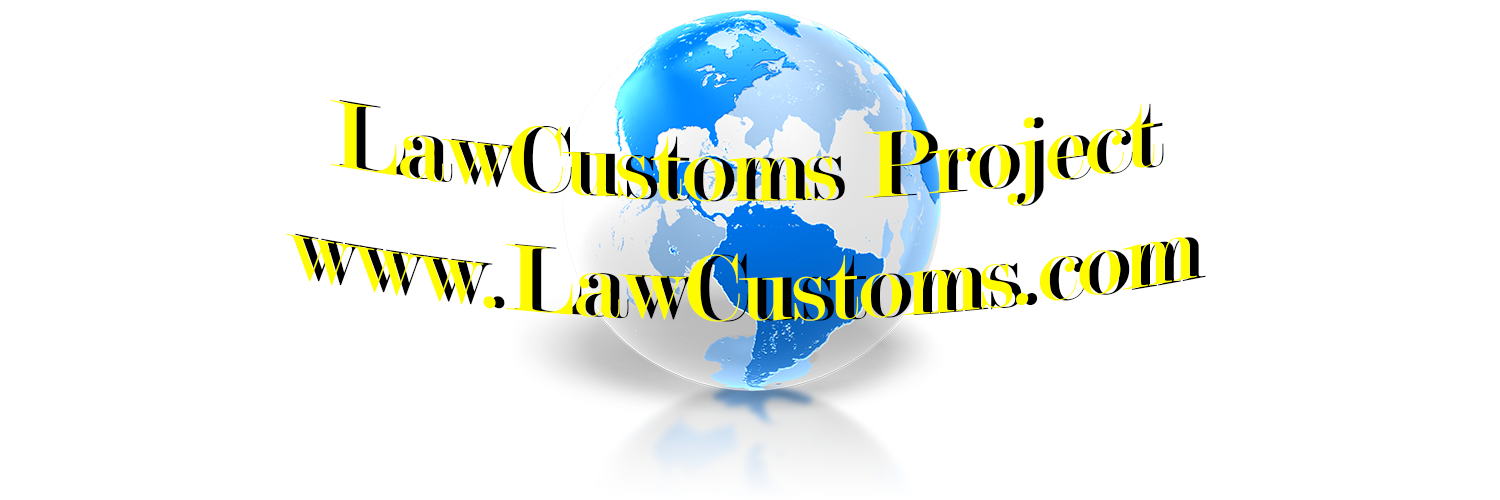A weekly live web event dedicated to issues related to international trade. Materials used throughout the stream include: OWIT Mexico Event | WOMAN EXPORTING MX – October 26-30, 2020 https://mbmapp.com/event/mujerexportamx…
Category: <span>Sovereign Nations</span>
Last week entities associated with “Cotton Campaign” filed a petition alleging that entities such as Ikea sell products from Turkmenistan that are made through use of forced labor. The complaint…
Importers wishing to take advantage of the U.S.-Israeli Free Trade Agreement (US-IFTA) in order to avoid paying “regular” duties and fees for the imported products should know that presentation of…
On April 23, 2014 CBP’s Virginia McPherson advised international trade community that products from Crimea, marked as “Product of Russia,” “Made in Russia,” “Contents Made in Russia” can be subject…
International trade community interests are frequently driven by practical concerns of immediate consequences. Many LawCustoms visitors bring their particular interests, such as savings that can be realized from a particular…
If you have an interest in the U.S. antidumping laws, LawCustoms recommends Antidumping Duties: Separate Rate – Staying Ahead of The Trading Curve. The article is based on the analysis…
The European Commission maintains European Customs Inventory of Chemical Substances (ECICS) database, which, contains Harmonized Tariff information on various chemical substances. European Commission, as the United States, is obliged to…
Customs Tariff Food Inspection Agency Health Canada
International Trade (Businesslink.gov.uk) UK Trade Info
Office of Foreign Assets and Controls (OFAC) posted .pdf screen shots of its presentation symposium. Most of information is a form of restatement of governmental policies. There are some interesting…
